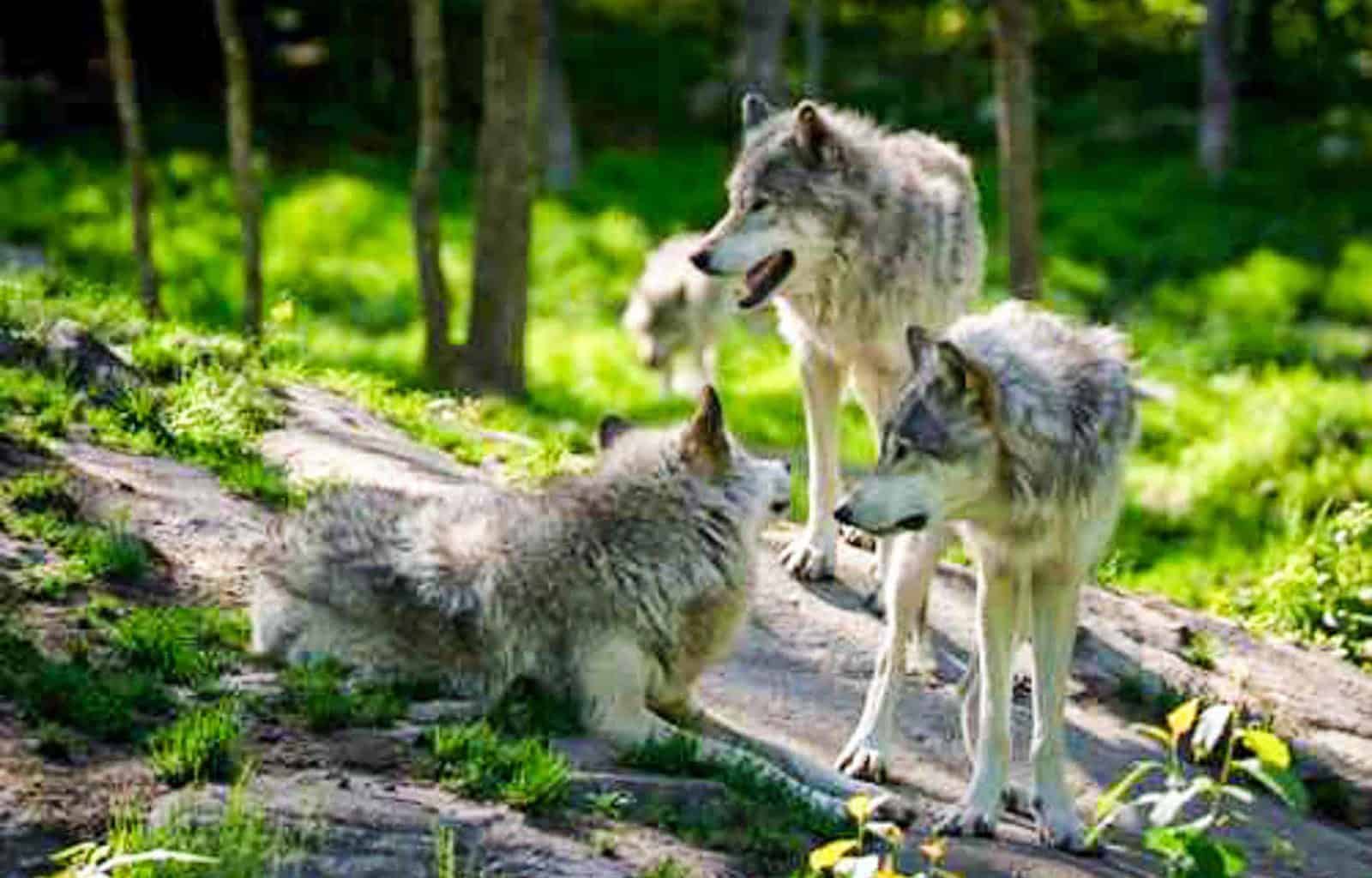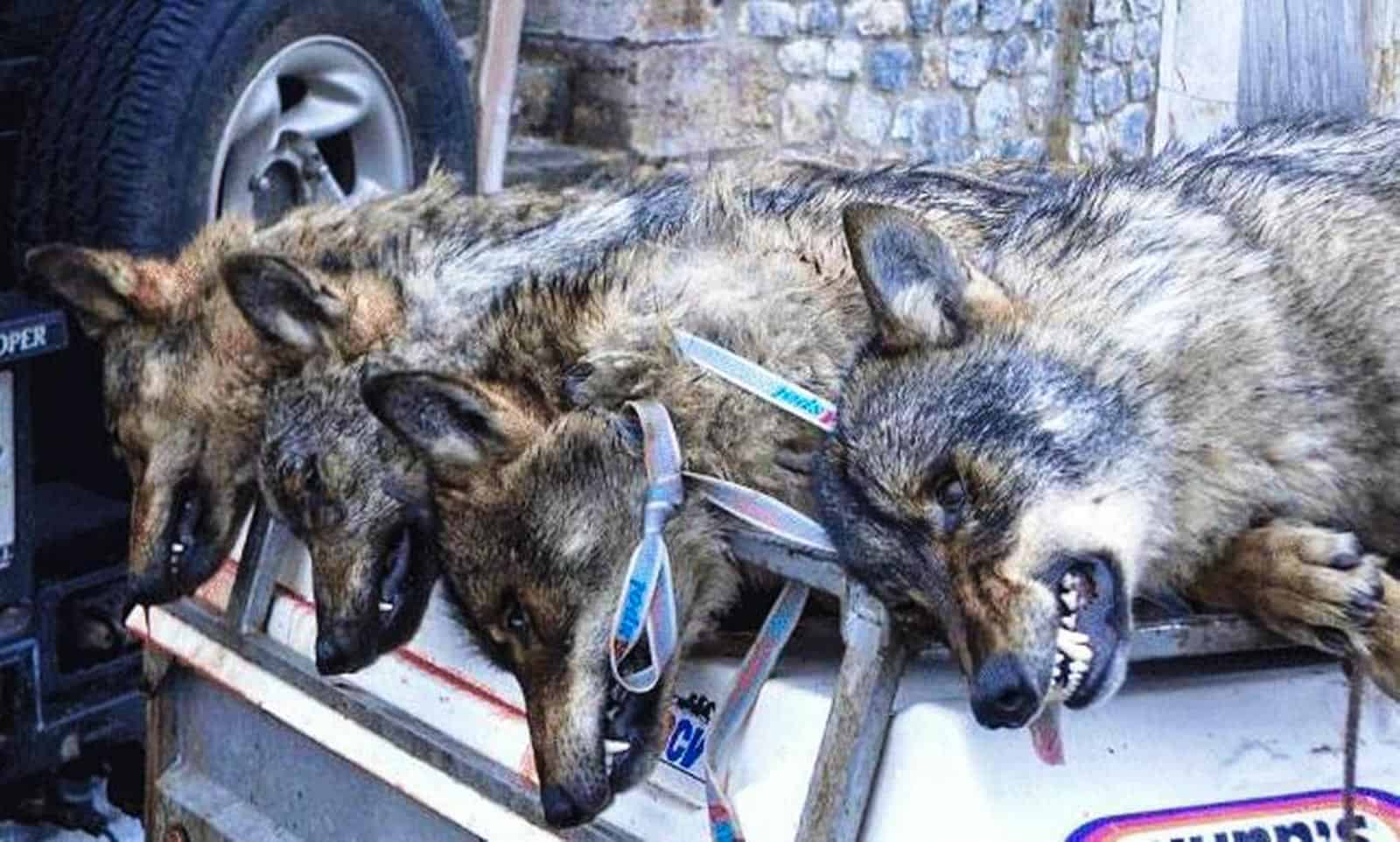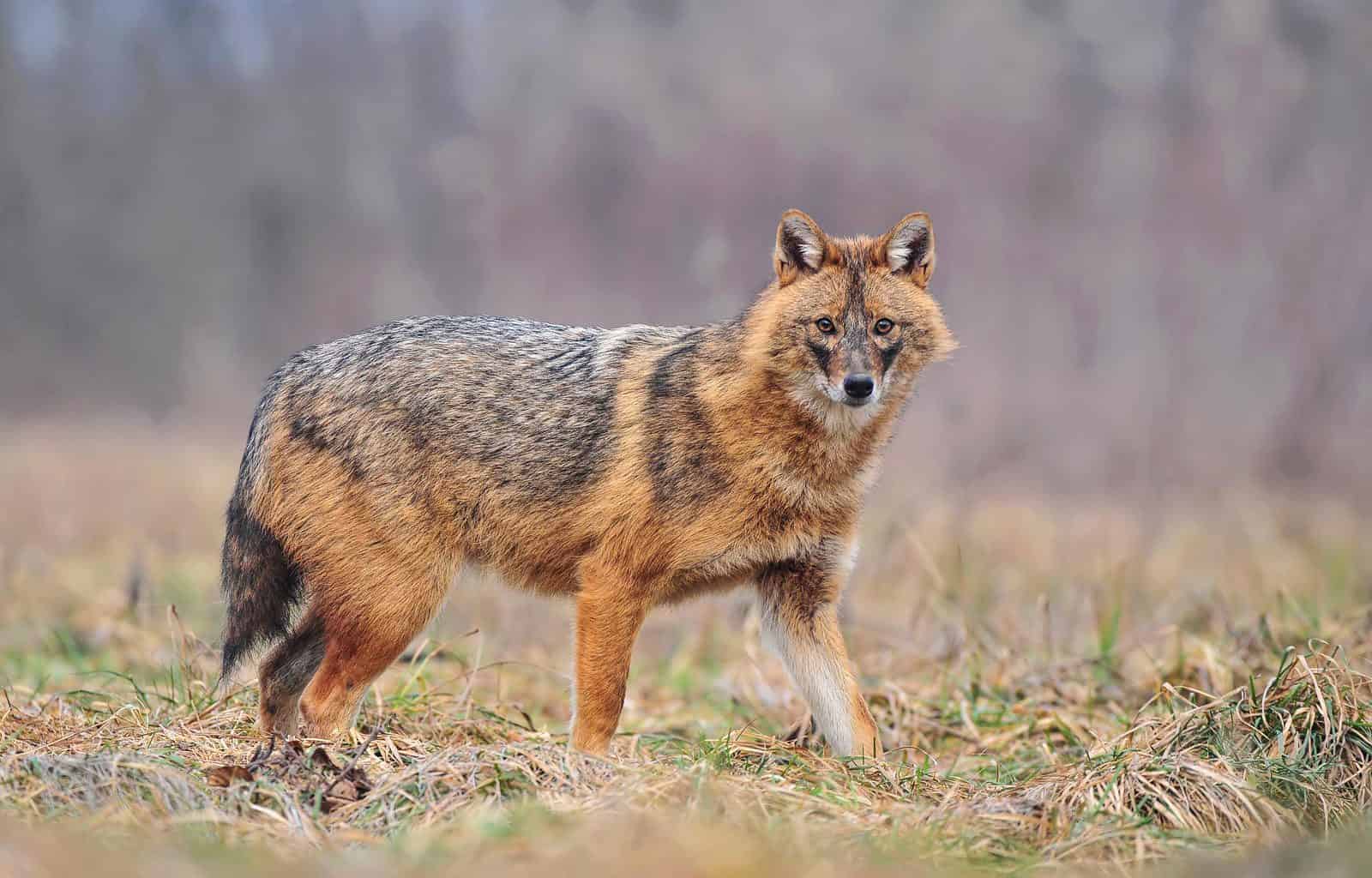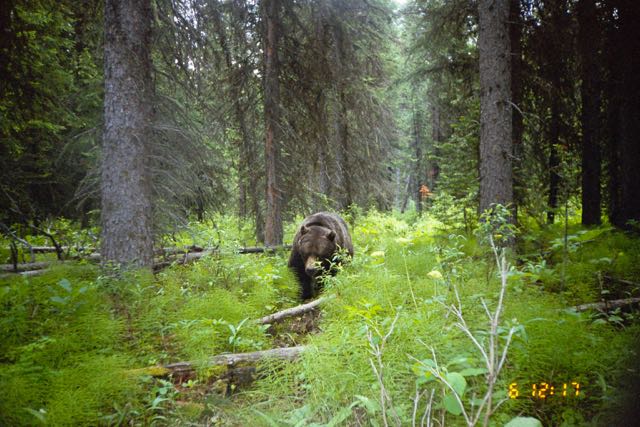World Wildlife Conference – New protections from international trade
The 19th World Wildlife Conference concluded last week in Panama, with some groundbreaking decisions for helping prevent the exploitation of rare and declining species from the wildlife trade.
The global wildlife trade is a huge industry involving the sale and distribution of hundreds of millions of specimens. It doesn’t only cover the trade of live wild animals. Wildlife products, ranging from medicine and food products to timber and leather goods, also fall under this category. With an increasing demand, there is a high risk of exploitation and unauthorised use of natural resources. The illegal trade and poaching of wildlife to be worth $7-23 billion. As a result, many internationally traded species are heading towards extinction.
World Wildlife Conference
Due to the scale of this issue, tackling it requires an international effort. The Convention on International Trade in Endangered Species of Wild Fauna and Flora, or CITES, was drafted following a 1963 IUCN resolution. In force since 1975, CITES is a treaty aimed at protecting endangered plants and animals from the threats of the international wildlife trade. It grants various levels of protection to over 37,000 species, whether dead or alive.
184 members (183 countries, plus the EU), called parties, are members of CITES. They meet every few years at the Conference of the Parties, also known as the World Wildlife Conference, to review its implementation. CoP19, the 19th World Wildlife Conference, took place from November 14th to 25th 2022 in Panama, with over 2000 people in attendance. It came at a crucial time for global biodiversity, which is threatened by climate change, habitat loss and overexploitation. Preserving it requires the protection of over 44% of the Earth’s land area. Over the course of two weeks, delegates from over 160 countries gathered to reaffirm their commitment towards safeguarding global biodiversity.
Trade underpins human well-being, but we need to mend our relationship with nature. The decisions coming from this meeting will serve the interests of conservation and wildlife trade, that doesn’t threaten the existence of species of plants and animals in the wild, for future generations.
Groundbreaking protections for sharks and and other species
This year’s World Wildlife Conference was a resounding success. CITES accepted 46 out of 52 proposals to regulate international trade for over 500 new species. Crucially, protections for some severely endangered taxa were ramped up.
Sharks and rays are among the most endangered animals worldwide. Around a quarter of species are in danger of extinction. Every year, humans kill around 100 million sharks, partly due to the trade in their skin, teeth, meat and fins. Due to their role as apex predators, their protection from these threats is vital for marine ecosystem health. At Cop19, parties agreed to add nearly 100 shark species to Appendix II of CITES. This means that these species can only be traded internationally if their stocks are not endangered as a result. Now this applies to 90% of all shark species, compared to just 20% before the conference.
Songbirds are another group with conservation gains at the World Wildlife Conference. Bird biodiversity has been declining worldwide, even in areas with relatively good protection. The lucrative trade in tropical songbirds is causing especially severe losses however, which parties at Cop19 recognised. For instance, international trade of the critically-endangered straw-headed bulbul, which has seen population declines of 80% in the last 15 years, was banned. Trade regulations for several amphibian and freshwater turtle species were also ramped up, and 150 tree species received additional protections.
There were some areas where CITES could have gone further in securing species survival. According to the WWF, prevention of tiger poaching did not receive the level of urgency that <4000-strong wild population demands. However, this does not undermine the significant progress parties made in protecting hundreds of vulnerable species from international trade. In the current doom and gloom climate, positive news on wildlife conservation is more than welcome.








